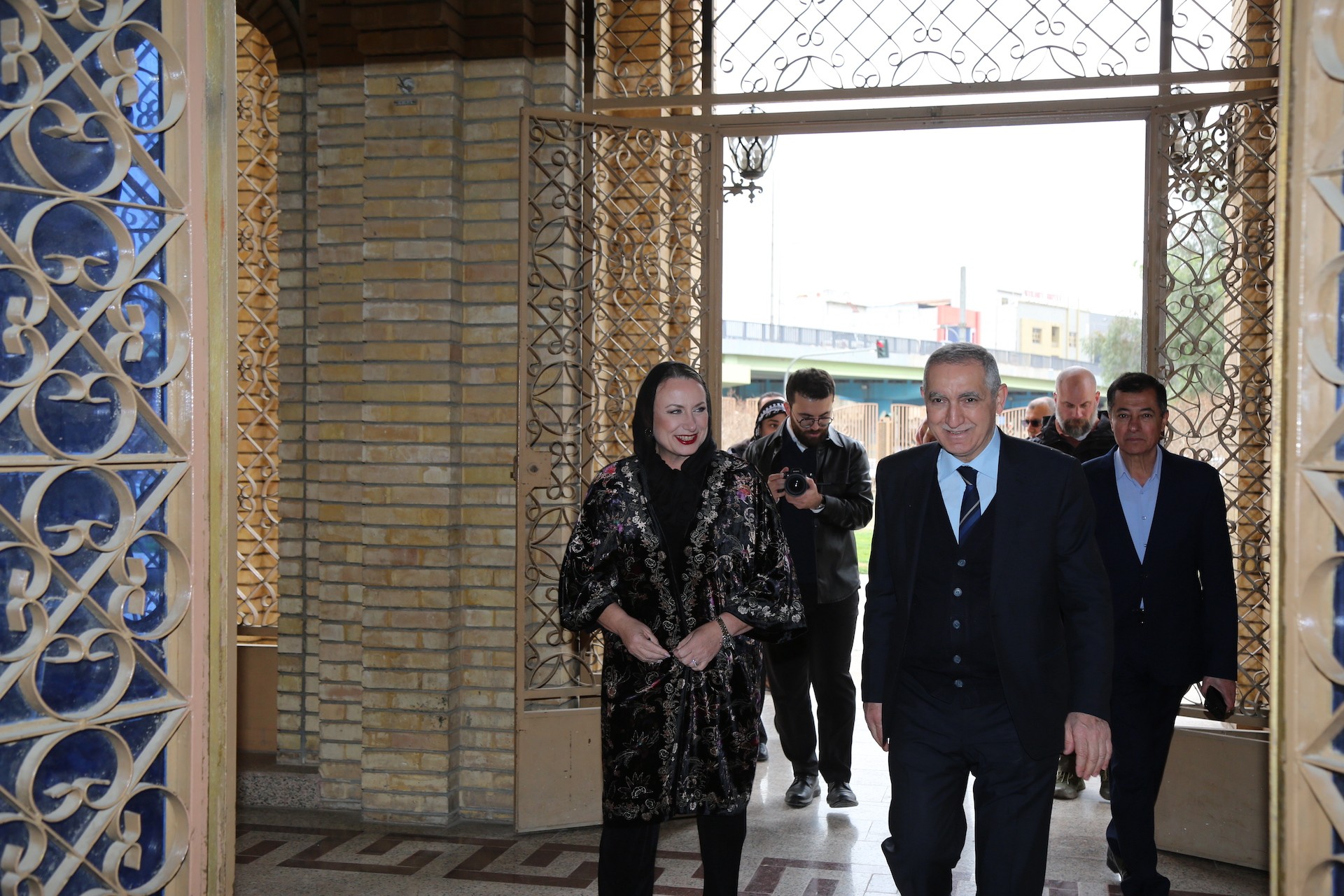Gulf Keystone, a leading oil company in the Kurdistan Region of Iraq, on Thursday said they will continue to engage with government stakeholders regarding the restart of Kurdistan crude exports, noting that there has been an increasing momentum toward a solution in recent weeks.
On March 25, 2023, Kurdish crude oil exports through Turkey were stopped after an international arbitration court ruled in favor of Baghdad against Ankara, halting 450,000 barrels per day of crude oil exports to international markets. So far, the oil exports have not resumed.
The Kurdistan Regional Government (KRG) Ministry of Natural Resources reached a deal with the Iraqi Ministry of Oil on August 11 on a new mechanism for oil exports from the Kurdistan Region of Iraq.
Gulf Keystone said its gross average production of 40,600 barrels of oil per day in 2025 to date primarily reflects the precautionary field shut-in in July following drone attacks on other oil fields in Kurdistan
However, the company also noted that production has gradually returned to full well capacity after operations were restarted in August following a security assessment and consultation with the KRG.
“Following the temporary shut-in of the Shaikan Field in July related to security concerns, production restarted earlier this month after consultation with the KRG and has gradually ramped back up toward full well capacity,” Jon Harris, Gulf Keystone’s CEO, said.
Read More: U.S. Reaffirms Support for Kurdistan in President Barzani Meeting
U.S. Ambassador Steven H. Fagin, the Charge d’Affaires at the U.S. Embassy in Baghdad, met with President Masoud Barzani on August 19 and “underscored the United States’ commitment to the security partnership with the Kurdistan Region of Iraq and our efforts to unlock a solution on salary payments and oil exports.”
Read More: Norwegian DNO Resumes Oil Production After July Drone Attacks
On August 20, the Norwegian oil company DNO announced that it had ramped up gross production after it was hit twice last month by drone strikes.

